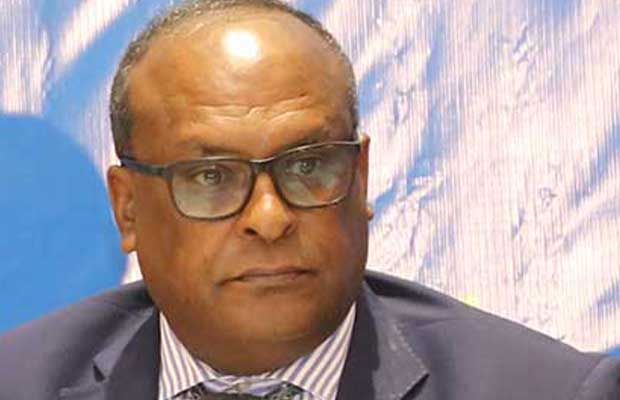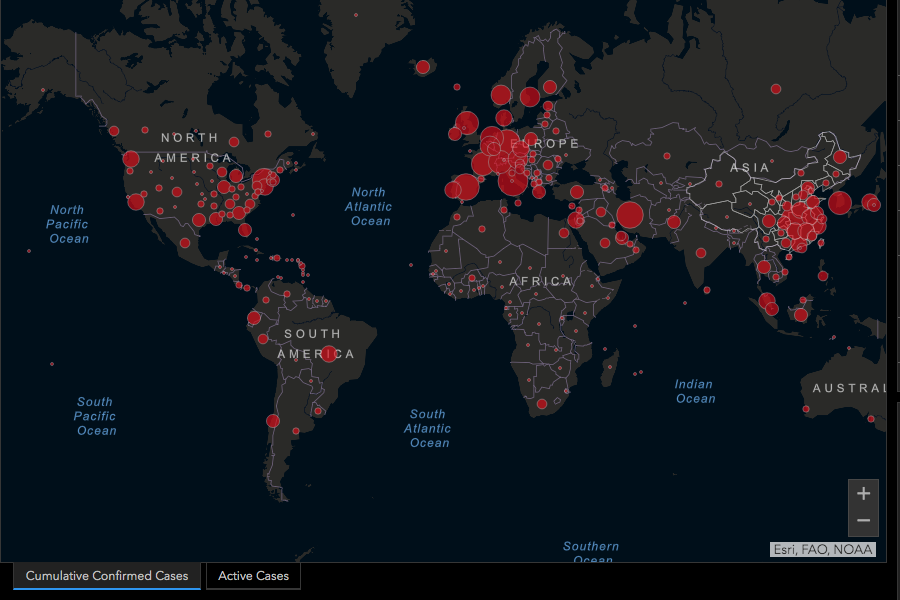
Viewpoints | Feb 13,2024
Oct 2 , 2021
By Christian Tesfaye
Shark Tank is one of those shows everybody has heard about but not seen. Some of the names have become familiar, including Kevin “Mr. Wonderful” O’Leary and Marc Cuban, two of around five wealthy investors who hear pitches from entrepreneurs. They grill everyone who comes on the show about the businesses looking for their investment and provide capital in the hundreds of thousands of dollars (sometimes millions) in return for equity or royalty deals.
It is an interesting show for anyone interested in investment and finance. It is also a testament to the perseverance of the most economically powerful nation in the world, the United States.
These days, there is a great deal of talk about the decline of the American empire. The handling of the COVID-19 crisis was botched and the failure to build a democratic Afghan state has been glaring, thus the retreat of liberal internationalism. Perhaps the greatest worry is the deep social cleavages that are emerging. A nation whose people are constantly bickering will indeed find it hard to prosper. Just ask Ethiopia.
But is America declining as a superpower?
I doubt it. To begin with, it has a young, growing and educated population to keep productivity increasing. As for the public health and social crises it is undergoing, everything that is happening today fares terribly in the face of past social problems like the one during the 1960s, not to mention the American Civil War. The Afghan debacle is not nearly as devastating as the Vietnam War, and COVID-19 is child’s play compared to the global catastrophes of the 1930s and 40s.
There is one more crucial arsenal that still is going for the United States. This is the relentless drive to create and innovate, which creates the spine of any competitive economy. Look no further for proof of this than the entrepreneurs that appear on Shark Tank on each episode. These are average individuals putting their time, social lives and savings on the line with the hopes they can make it in the country through hard work and the daily grind of the hustle.
Some entrepreneurs mortgage their houses to finance their ideas; others invest their life savings to create a product they believe is unique; and yet others quit Silicon Valley jobs to make their dreams of owning a successful business come true.
What does all of this have to do with anything?
I am not trying to inform the Ethiopian government on foreign policy. But there is a great need to learn from what has made the United States and – yes – China such economic powerhouses. It is the relentless drive of their citizens to innovate and grind from dusk 'till dawn to make it.
The people of these countries are not endowed with any unique mutation hidden away somewhere in their DNA. It is the belief they have in the system they find themselves in. The US or China – one of them a democracy and the other a techno-authoritarian state – have ensured that citizens who can create wealth for the country (and themselves) can reap the rewards. Sure, this may not always seem true, as in China's controversial recent crackdown on the tech industry, but there is still an underlying belief in the system.
This is what Ethiopia needs to create: an ecosystem that incentivises people to be problem solvers, not because they are patriotic or have any other sentimental drive, but because they know they could also benefit a fair share from the pie they helped grow. Citizens need to be persuaded that they can make it if only they worked harder. At the moment, this does not seem to be true.
PUBLISHED ON
Oct 02,2021 [ VOL
22 , NO
1118]


Viewpoints | Feb 13,2024

Exclusive Interviews | Jan 05,2020

Radar | Oct 05,2019

Viewpoints | Sep 27,2025

Digital First | Mar 13,2020

Radar | May 28,2022

Commentaries | Sep 24,2022

Commentaries | Jul 23,2022

Viewpoints | May 15,2021

Fortune News | Sep 14,2019

Photo Gallery | 178710 Views | May 06,2019

Photo Gallery | 168905 Views | Apr 26,2019

Photo Gallery | 159743 Views | Oct 06,2021

My Opinion | 137105 Views | Aug 14,2021
Commentaries | Oct 25,2025

Dec 22 , 2024 . By TIZITA SHEWAFERAW
Charged with transforming colossal state-owned enterprises into modern and competitiv...

Aug 18 , 2024 . By AKSAH ITALO
Although predictable Yonas Zerihun's job in the ride-hailing service is not immune to...

Jul 28 , 2024 . By TIZITA SHEWAFERAW
Unhabitual, perhaps too many, Samuel Gebreyohannes, 38, used to occasionally enjoy a couple of beers at breakfast. However, he recently swit...

Jul 13 , 2024 . By AKSAH ITALO
Investors who rely on tractors, trucks, and field vehicles for commuting, transporting commodities, and f...

Oct 25 , 2025
The regulatory machinery is on overdrive. In only two years, no fewer than 35 new pro...

Oct 18 , 2025
The political establishment, notably the ruling party and its top brass, has become p...

Oct 11 , 2025
Ladislas Farago, a roving Associated Press (AP) correspondent, arrived in Ethiopia in...

Oct 4 , 2025
Eyob Tekalegn (PhD) had been in the Governor's chair for only weeks when, on Septembe...

Oct 25 , 2025 . By YITBAREK GETACHEW
Officials of the Addis Abeba's Education Bureau have embarked on an ambitious experim...

Oct 26 , 2025 . By YITBAREK GETACHEW
The federal government is making a landmark shift in its investment incentive regime...

Oct 29 , 2025 . By NAHOM AYELE
The National Bank of Ethiopia (NBE) is preparing to issue a directive that will funda...

Oct 26 , 2025 . By SURAFEL MULUGETA
A community of booksellers shadowing the Ethiopian National Theatre has been jolted b...